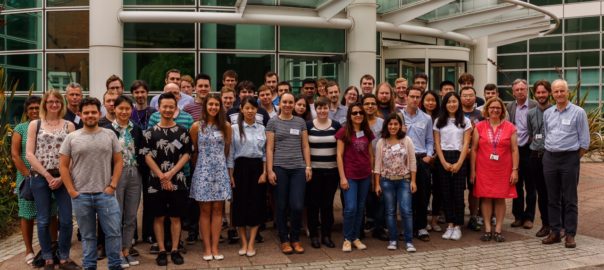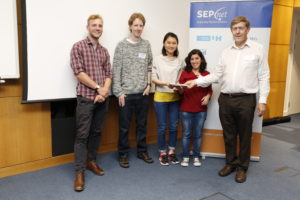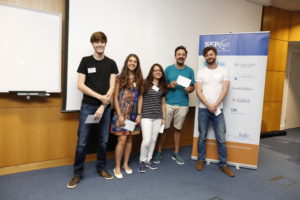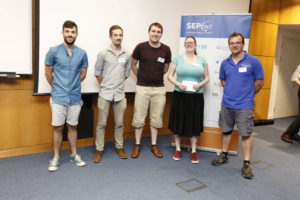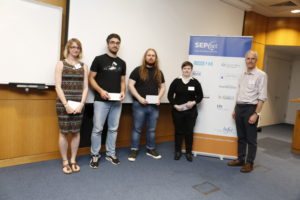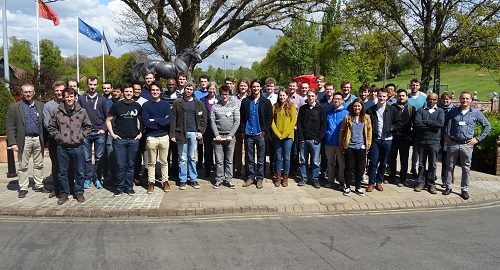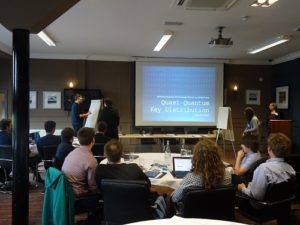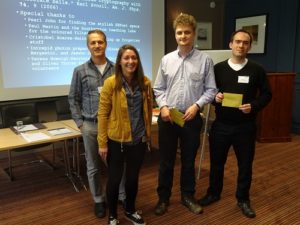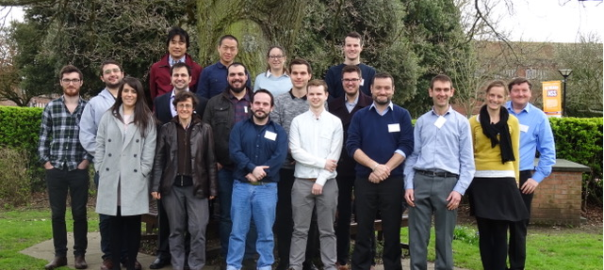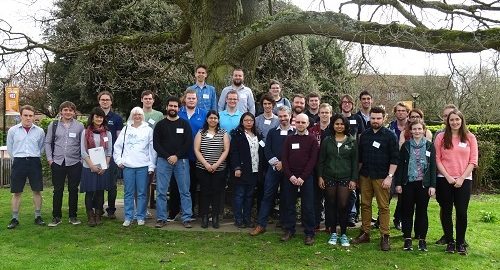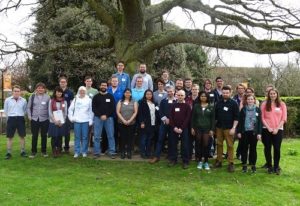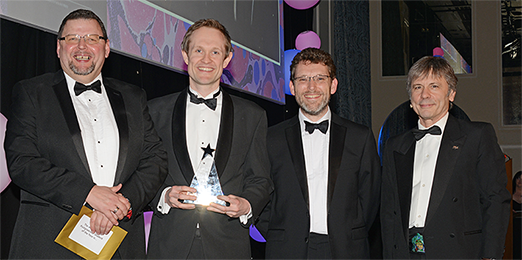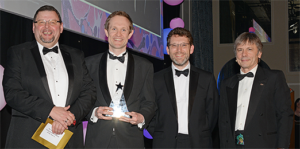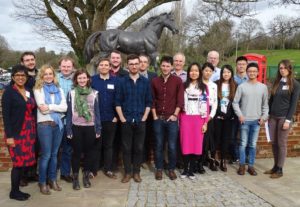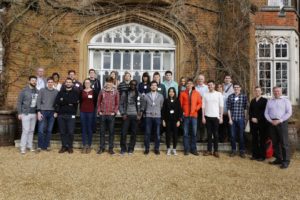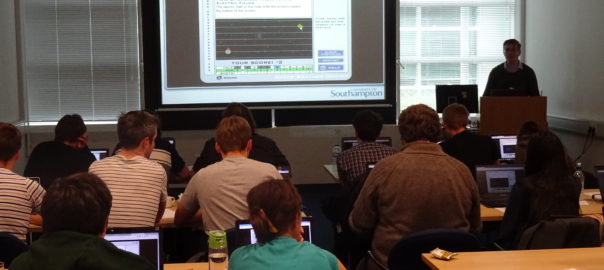Outline of 2017-18 Training Programme
GRADnet is pleased to announce its programme of physics postgraduate researcher training for the next academic year. The programme for the year can be downloaded here: GRADnet Brochure 2017-18 Final
We have developed yet another comprehensive programme for 2017/18 comprising a mix of academic physics workshops and student-led conferences; residential schools with real life industrial content, leadership and professional skills training; targeted professional skills modules and more peer-learning opportunities.
This year, GRADnet is focussing on the following residential workshops in the following research themes of its partner physics departments. For 2017/18 we are offering:
- Numerical Modelling in Condensed Matter (14-16 January 2018)
- Observational Astrophysics (5-7 March 2018)
- Strong Correlations (11-13 April 2018)
- NExT workshop for particle physicists (25-28 Jun 2018)
For some of these events we will return to the Old Thorns Manor Hotel which offers impressive leisure facilities in the middle of our region.
For Second Year PGRs
The whole programme kicks off with “Moving Forward for Second Years” training on 18th October in central London. The training day includes the following workshops:
- Creating impact
- How to write a successful fellowship application
- Research data management
- Unconscious bias
- Writing better software for research
For First Year PGRs
For the second year running there will be a GRADnet Induction Day on 25th October in central London. The Induction will include a choice of workshops for new PhD students:
- Introduction to LaTeX
- Python for beginners and more advanced users
- Introduction to MATlab
- Getting your research published
- Organising meetings and conferences
For all PGRs
The Winter School in 2018 at Cumberland Lodge (14-16 February) focuses entirely on the 2003 NASA Columbia disaster: a popular case-study element of last year’s school. It takes students through exercises in leadership and team-working, skills rated highly by employers.
The 2018 Summer School at Herstmonceux Castle in East Sussex (2-5 July) explores suggestions to “What can I do with my PhD?”– this is a mix of employer-led workshops and consultancy challenges.
There will be a student-led conference covering Advances in High Energy Physics and Cosmology and From Micrometres to Megaparsecs. There will be cross-over lectures which are relevant to students of both particle physics and astronomy at the University of Southampton on 21-23 March 2018 and a one-day workshop on Science Communications Skills on 24th April 2018.
For more information on these courses and to register, logon to the GRADnet VRE.

